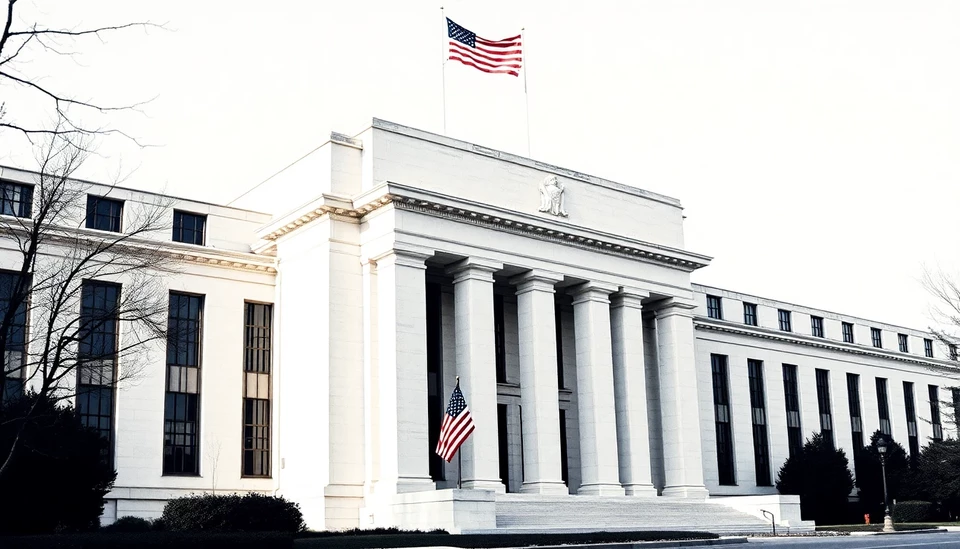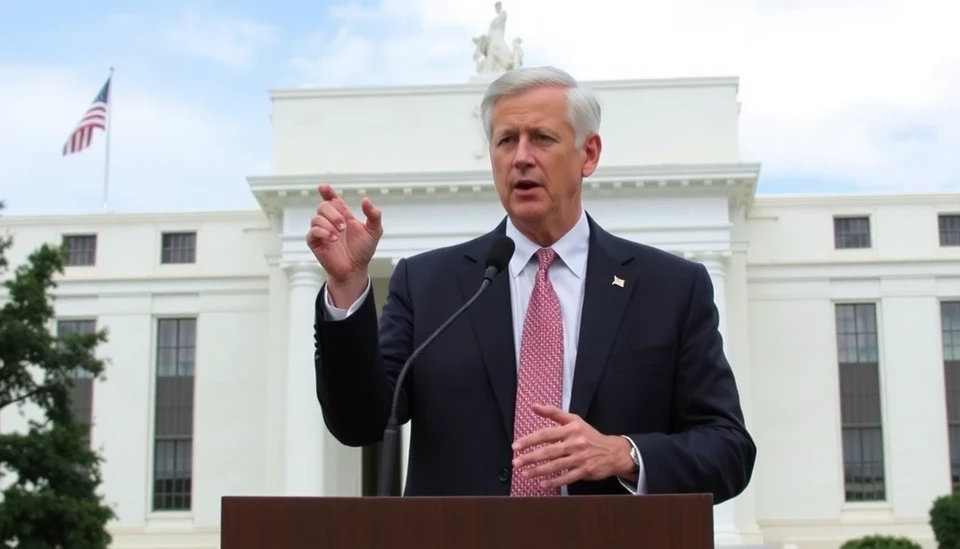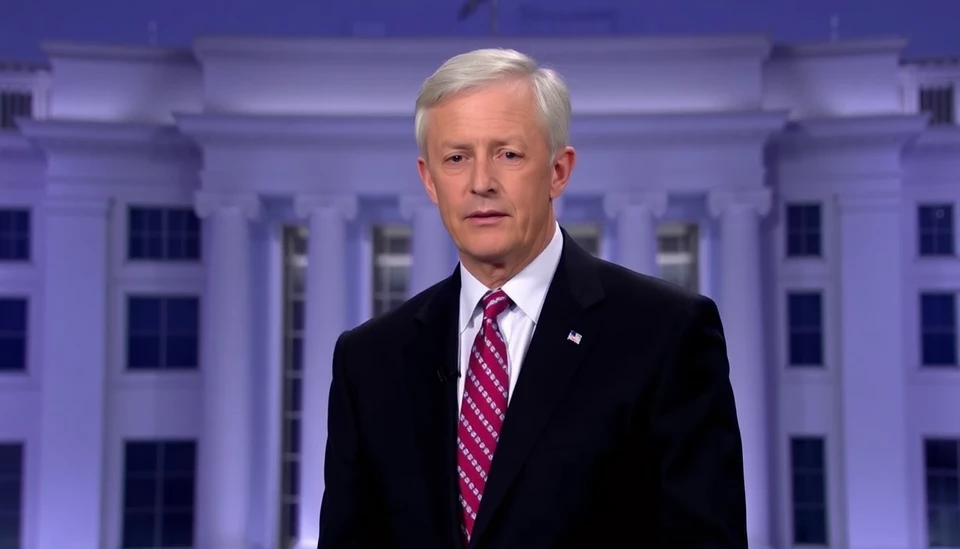
The Federal Reserve, alongside other major global financial institutions, is positioning itself to implement interest rate cuts in the aftermath of the upcoming U.S. presidential election. Analysts and economists are closely watching the political landscape, as the election's outcome is expected to significantly influence monetary policy going forward.
This week, as the elections take center stage, speculation is rife regarding the Fed’s next moves. The central bank has maintained a cautious approach to interest rates over recent months, primarily in response to persisting inflation and fluctuating economic indicators. However, with the potential shift in governance, a recalibration of monetary policy could be on the horizon.
The anticipation surrounding the election is underscored by economic challenges that the incoming administration will likely face, including high inflation rates and a slowing economy. Such conditions may prompt the Fed to consider rate cuts as a strategy to stimulate growth and provide relief to consumers and businesses grappling with rising costs.
Experts predict that if interest rates are reduced, it would lower borrowing costs for consumers and businesses alike, fostering an environment conducive to spending and investment. This move could have broader implications not just for the U.S. economy, but also for global markets, where investors are keenly observing how U.S. monetary policy developments might affect international trade and capital flows.
Additionally, several central banks around the world are echoing similar sentiments, suggesting that synchronized monetary policy movements could become more prevalent in the coming months. Such coordination may lead to a cascade of rate adjustments that can stabilize global economic dynamics in an era marked by uncertainty.
In the lead-up to the elections, various stakeholders, including investors, businesses, and consumers, are bracing for the potential outcomes that could shift the monetary framework. The political climate remains charged, as differing economic agendas become focal points of contention among candidates. This tension may further complicate the Fed’s decision-making process, as governors balance political pressures with the economic realities depicted in their forecasts.
As election night approaches, the financial community remains on alert. The outcome will not only affect the future of U.S. policy but may also serve as a barometer for global economic stability. With many markets reflecting increased volatility in the lead-up to the vote, the implications of rate settings remain a significant theme for financial analysts and policymakers alike.
To summarize, the Federal Reserve and its international counterparts are gearing up for a potential round of interest rate reductions following the U.S. elections, a move that could immensely impact both domestic and global economic landscapes.
#FederalReserve #InterestRates #USInvestments #GlobalEconomy #Election2024 #MonetaryPolicy #InterestRateCut
Author: Daniel Foster




